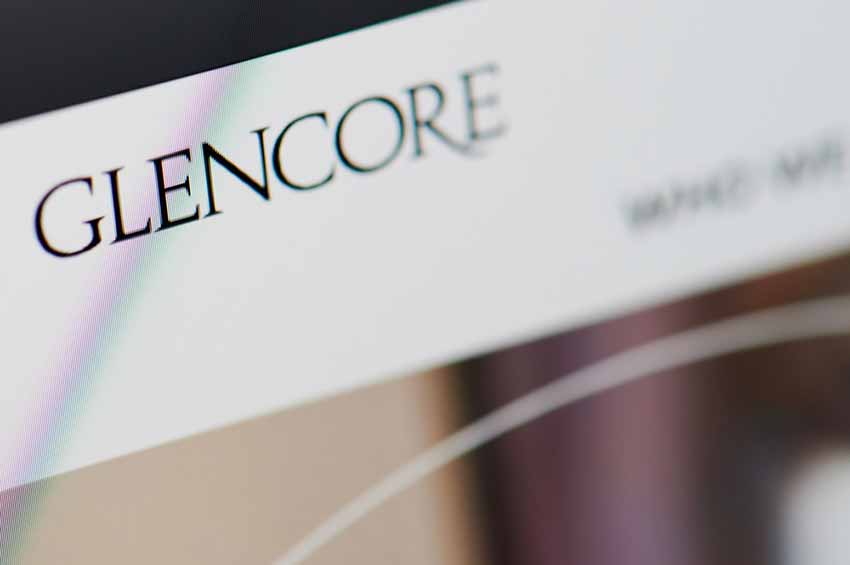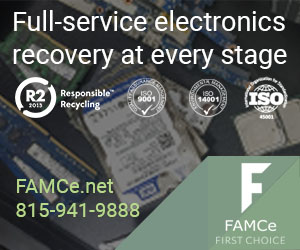
In its sustainability report, Glencore noted it is looking to grow its metals recycling capabilities in North America. | PixieMe/Shutterstock
Glencore harvested nearly 100,000 pounds of precious metals and 60 million pounds of copper from electronic scrap last year, according to the company’s 2021 sustainability report.
The metals mining and refining giant recovered 27,000 metric tons of copper, 132,000 ounces of gold, 1.3 million ounces of silver, 16,000 ounces of palladium and 5,000 ounces of platinum from e-scrap in 2020, the report notes.
A year earlier, the company reported recovering 25,000 metric tons of copper, 127,000 ounces of gold, 1.3 million ounces of silver, 20,000 ounces of palladium and 6,000 ounces of platinum from recyclable materials.
Glencore, which says it’s the largest e-scrap metals recycling company in North America, has recycled more than 1 million metric tons of e-scrap since the 1990s, according to the report.
The value of e-scrap metals recovered globally last year is huge. At today’s spot price reported by the London Metal Exchange, the gold recovered by Glencore last year would be worth about $236 million, the silver worth $29 million, palladium worth $28 million, platinum worth $4.7 million, and copper worth $256 million.
The company is a major downstream for e-scrap companies selling circuit boards in North America. Headquartered in Switzerland, Glencore has e-scrap-focused sites in San Jose, Calif.; Osceola, Ark. (this is the former BlueOak Arkansas facility); and East Providence, R.I.
The East Providence location samples precious-metal-bearing scrap, primarily electronics. Earlier this year, a Glencore official told Fastmarkets AMM that the company is looking to expand its North American footprint, including at the Osceola plant, which has the potential to be the largest e-scrap pre-processing plant of its kind on the continent. And Glencore says the San Jose sampling plant is already one of the largest processors of precious-metal-bearing e-scrap on the West Coast.
Glencore produces intermediate copper and precious metals products at its Horne Smelter in Rouyn-Noranda, Quebec, described by Glencore as North America’s largest processor of e-scrap that contains copper and precious metals.
Glencore became a founding member of the Circular Electronics Partnership when the industry-led effort to boost recovery and reuse of electronics launched earlier this year.
In its sustainability report, the company noted it is looking to grow its metals recycling capabilities in North America.
“As part of our net zero ambition in general, and with a goal to expand our recycling footprint across the commodity complex, we are looking to invest in capacity expansions in our core markets of Europe and North America, as well as to enter new markets that currently lack formal and responsible recycling outlets for end of life materials,” the document states. “As these plans are firmed up and executed, we will provide more details on them.”
Much of the sustainability report is focused on Glencore’s efforts to reduce its greenhouse gas (GHG) emissions, and recycling is one key to reducing emissions. The company’s goals are to reduce (below 2019 levels) total emissions by 15% by 2026 and 50% by 2035, with a 2050 goal of net zero total emissions.
More stories about metals
- ERI and ReElement partner on rare earth magnet recovery
- CMR, Paladin form REcapture to expand rare earth recovery
- From trash to treasure: How old electronics are powering america’s rare earth comeback



